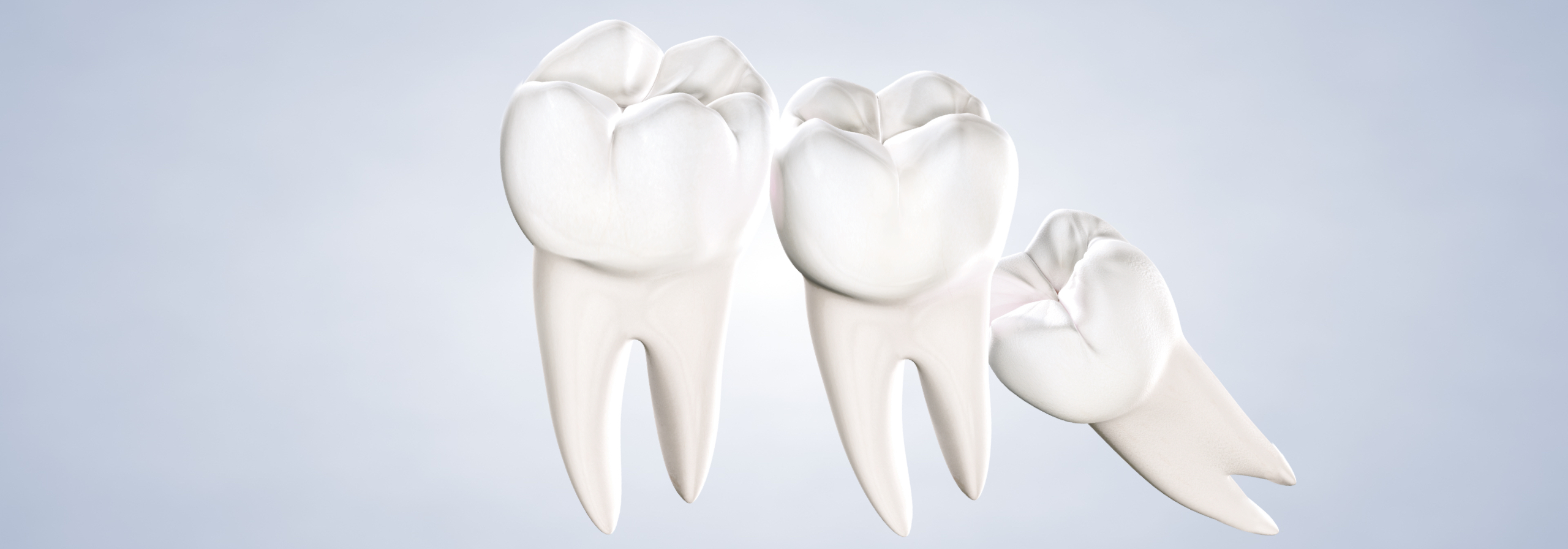
If you have an upcoming appointment to get your wisdom teeth removed or plan on having them extracted soon, there are some important things to know beforehand. By being more prepared, you can ensure your oral surgery and recovery go as smoothly as possible.
Your oral surgeon will provide you with specific instructions to follow. Every practice is different, and some offices may require you to do certain things prior to surgery. These general guidelines are implemented at most practices, and it’s helpful to keep them in mind as your surgery date approaches.
Diet
- Do not eat or drink anything (including water) for 8 hours prior to the appointment, especially if you are undergoing IV sedation. On the days leading up to your surgery, you can eat a normal diet.
- If you take routine oral medications, please check with the doctor prior to the surgical date for instructions. In most cases, you will be instructed to take the medication with a small sip of water.
- Your doctor will tell you beforehand which foods you should eat and avoid after your surgery. You should make sure you have these foods available. Soft foods like eggs, mashed potatoes, protein shakes, and other non-crunchy or chewy foods are ideal.
Smoking
- Do not smoke for at least 12 hours before wisdom tooth removal. Dentists and oral surgeons recommend cutting down or stopping smoking as soon as possible prior to the day of surgery. After surgery, you will be advised not to smoke for at least 72 hours, so prepare yourself for this recovery phase before your surgery. When you smoke, a suction is created inside the mouth that can dislodge the blood clot that forms within the empty tooth socket. This condition is known as dry socket and is very painful, as the underlying bone and nerves are then exposed. You can prevent dry socket by not smoking or using a straw for several days to 1 week following wisdom tooth extraction.
Anesthesia
- IV sedation is often used for wisdom teeth removal. If you are undergoing IV sedation, a responsible adult must be in the office during the entire duration of surgery and drive you home afterward. This adult should stay with you for 24 hours while you’re still under the effects of anesthesia.
- You should not drive a vehicle or operate any machinery for 24 hours after anesthesia.
- General anesthesia is often reserved for more complex procedures, such as corrective jaw surgery or treating facial trauma cases. If you and your doctor have determined that you will need general anesthesia, you will be given a different set of instructions to follow leading up to your surgery.
Oral Hygiene
- Before surgery, you may be instructed to rinse your mouth using a special rinse provided by your doctor.
- Your oral surgeon will instruct you on how to brush your teeth after surgery.
What to Wear
- Wear loose-fitting clothing with sleeves which can be rolled up past the elbow.
- Wear flat, low-heeled shoes.
- You should remove contact lenses, jewelry, and dentures at the time of wisdom teeth extraction.
- Do not wear lipstick, excessive makeup, or nail polish on the day of surgery.
Miscellaneous
- If you are feeling sick and have a cold, sore throat, or upset stomach or bowel, tell your doctor. You may need to postpone surgery if you are feeling unwell.
- Make sure to provide your doctor with a list of medications you are currently taking. He or she will typically ask during the consultation visit. This ensures there will be no interactions between your medications and the anesthesia.
If you ever have questions about your surgery or recovery, be sure to bring them up with your surgeon. Their goal is to make sure you feel comfortable and informed about your treatment and to achieve the most optimal clinical results possible.